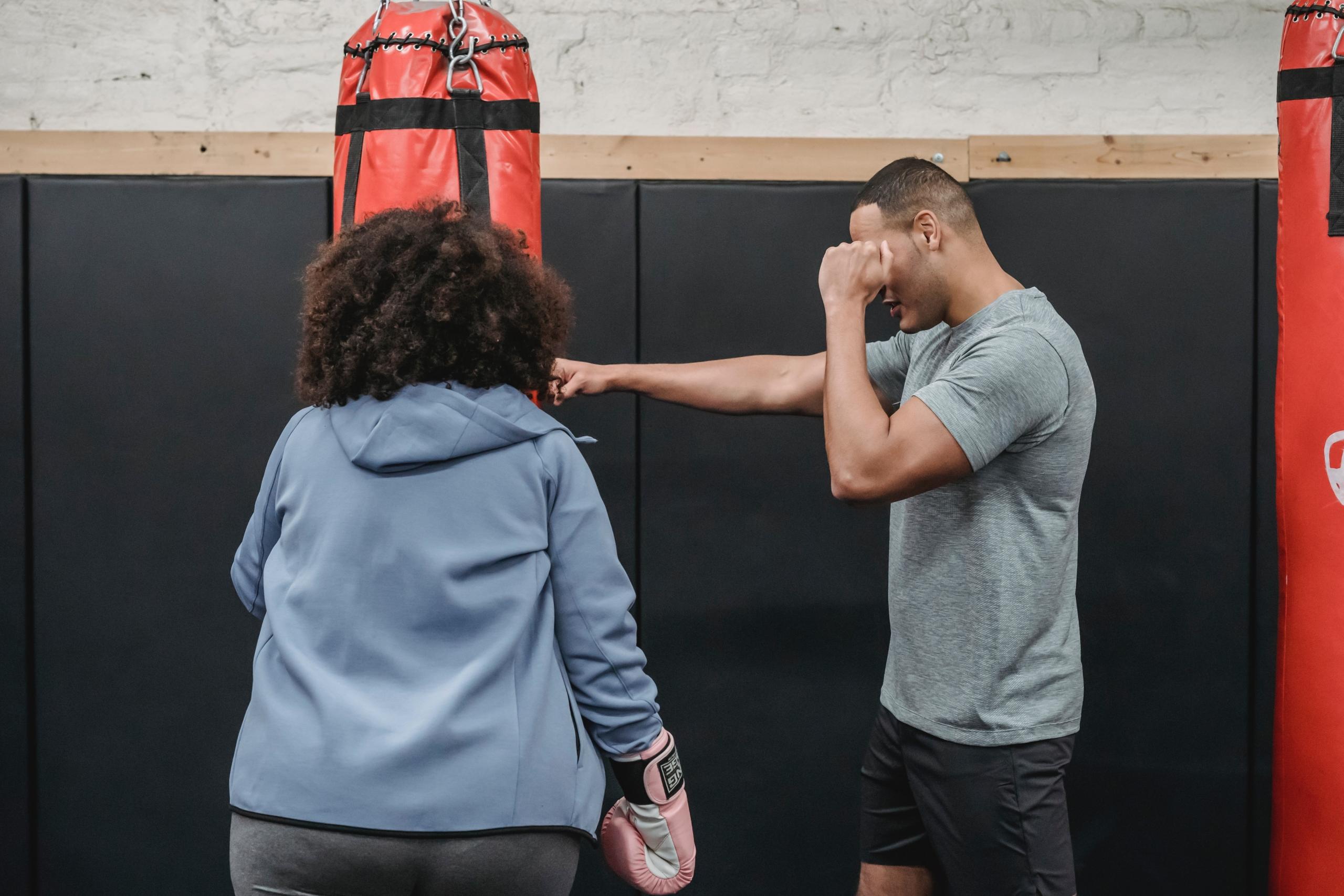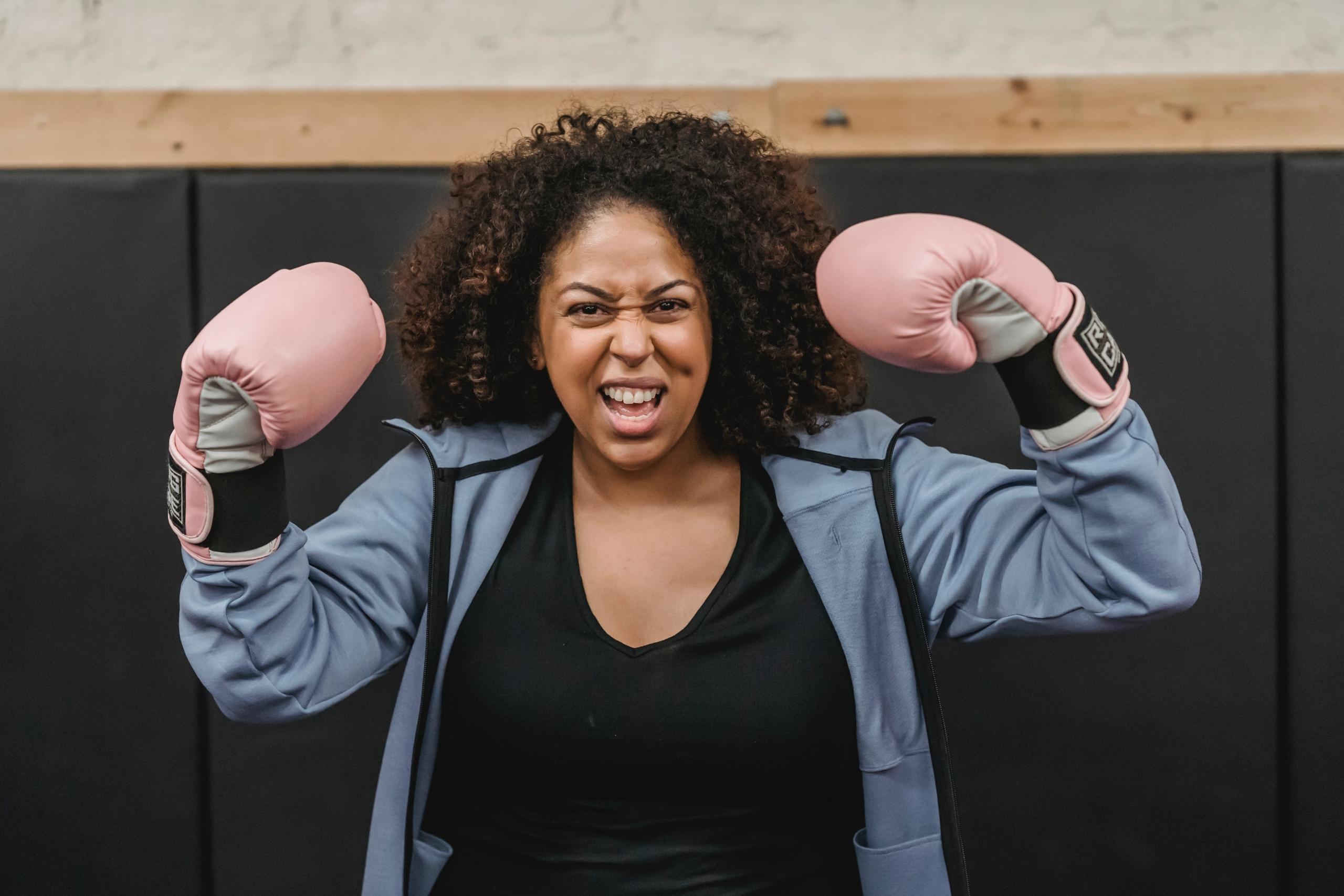For some people, boxing appears too violent and unnecessarily aggressive, but for others, it’s a sport with a long history where athletes undergo intense mental and physical training to strategically win in the ring.
Anyone who is not a fan of boxing cannot understand why someone would willingly put themselves through such pummelling. In its purest form, boxing is about landing punches while also avoiding taking any blows.
Most of all boxing is a sport that requires extreme fitness and agility. A good boxer knows how to execute a strategy that depends on split-second timing. An experienced boxer will also quickly be able to recognise an opponent’s flaws and weaknesses and then target those, with precision.
So if an opponent is so crucial, can you teach yourself to box? And if so, where would you find boxing tips for beginners?
If those are your questions, keep reading because this article is for you.
Want to give private lessons?
Join the Superprof community and share your knowledge with inquiring and motivated students.
The Benefits of Boxing
Before you focus on boxing tips for beginners, ask yourself why you want to box.
As mentioned, boxing as a sport is a time-honoured and athletic pursuit. It involves dedicated training, strict dietary guidelines and mental stamina.
Like most competitive sports, the aim is to win. So regardless of whether you intend to pursue amateur or professional boxing, doing your absolute best should be your standard.
Of course, it is not human nature to willingly submit to a physical attack, so one of the first tips on boxing is that you will need to overcome your natural instinct to flee in the presence of danger. Rather, cultivate an instinct to fight. This will require immense mental discipline and finding out how to do that will be one of the best boxing tips for beginners that you will master.
Being able to control your instinct for self-preservation will require sacrifices and conditioning in every area of your life. The best tips on boxing will always include both mental and physical fitness.
Discipline and winning aside, there are numerous benefits to boxing.
- Boxing is an excellent stress buster
- It will keep your bones strong
- Boxing is a fantastic cardio workout
- It will improve your core strength
- Boxing is an excellent shoulder workout.
Of course there are many fitness routines that could deliver all of these benefits, but boxing is one that requires both type 1 and type 2 muscle contractions. Even rowing, considered to be the most supreme of all shoulder workouts only calls for slow-twitch (type 1) muscle contractions. Also, you could relieve your stress with a vigorous yoga session, but for some, the reward of a punching bag after a frustrating day is second to none!

There are many sports or fitness routines that could address these points individually, however, you would be hard-pressed to name a single sport that includes everything that boxing could. Consider how boxing can develop hand speed and precision and so much more. Just keep reading for more benefits and tips on boxing.
Boxing Tips for Beginners
So can you teach yourself to box?
Well, you could pick up tips online, but having a boxing coach to teach you the basics will be important. Furthermore, you will need to be realistic about your level of fitness and skill before you actually step into the ring.
So in answering your question, “can you teach yourself to box,” perhaps the answer is how to look for innovative ways to find boxing tips for beginners or even how to learn boxing at home.
If you’re looking to the sport to provide a path to fitness, then you could easily learn boxing at home with the right beginner's tips on boxing. So what will you need to learn boxing at home?
Firstly, you will need a few essential items of equipment. If possible try to invest in a speed bag and a heavy bag, but if you cannot, do not worry because there are ways to improvise.
For instance, you could tack a thick, heavy cushion against the wall at shoulder height. This will help you to get your aim right. Next, if you have seen any films about boxing, you will know that skipping rope is essential. The reason for this is that skipping will help you to develop your footwork skills which will be vital to your success in the ring.
But, you may still be wondering how to learn boxing at home.
Besides the bags and skipping grope, to learn boxing at home you will not need enough space in which to practise.
You’ll be moving around several paces in each direction, but you will also need sufficient floor space to do crunches and push-ups. If you have all of that, as well as a decent internet connection then your question about how to learn boxing at home, could be a reality!
Learn Boxing at Home
If you want to know how to learn boxing at home, then there are three ways you can go about it. You could either try and self-teach by watching boxing tutorials online, you could find an online boxing coach or you could get a private boxing coach to instruct you in your home gym.
Whatever way you look at it, when it comes to boxing, you will certainly need guidance and boxing tips for beginners. Even if you learn all the moves and are able to skip on your own there is a ton of strategy and skill to be learnt in boxing. Also, the last thing you want is to adopt a poor style or pick up bad habits which will be left undetected if you don’t have a boxing coach.

It is always preferable to get guidance from an expert for real tips on boxing. Don’t be tempted to copy what you see in films because those moves, in reality, are not actually correct boxing moves.
If you decide to delve into the troves of online material available, try the teachings of Olympian bronze medallist, Tony Jeffries who, like American powerlifter and boxer Mike Rashid, has a YouTube channel.
When it comes to channels there are a few worth noting: FightCamp, Battle Labs and Precision Striking are some you could check out.
These channels offer great warm-up routines, basic footwork instructions and well as other how-to videos on strikes, nutrition and much more. If you want to know how to learn boxing at home simply to get fit, then this will be enough to get you going.
If, however, your question is, can you teach yourself to box for taking on an opponent in the ring, then the answer is probably not!
Firstly, you will need tips on boxing from an expert and secondly, you will need an opponent to resist your moves.
If you feel self-conscious about learning to box in a gym, then the many benefits of private boxing lessons at home could be your answer.
Boxing Tips for Beginners at Home
Living in such a profoundly technological age has many advantages. For instance, concepts like virtual reality are now facts and not science fiction. If you have VR technology set up at home, then perhaps your question: can you teach yourself to box, is more of a yes than a no. Plug in the cartridge you need and start practising with your VR opponent.
Another way to lean on technology is by using a gaming console with built-in gesture recognition. Try Wii which is a recommended solution, even if it is still the earliest. This Nintendo game includes a motion-sensing controller that makes it possible to play tennis, ski and you guessed it, box!
Since Wii’s release, other gaming consoles have also incorporated gesture recognition and motion-sensing technology. Some of these include Sony’s PlayStation Move and Kinect from Microsoft.
Even so, for most people, the sports bundle in Wii is the most impressive of them all. In fact, it is so impressive that it is even listed by Amazon. So if are looking for tips on boxing and happen to love tech, we recommend you try to pick up a game console to supplement your training. Consider how a VR unit or game could help you improve your shadowboxing!
Finally, remember that if you are serious about learning boxing for beginners, you will need more than virtual guidance and certainly more than just a virtual opponent!
The best way to find out if your moves are effective is to find a coach to teach you the correct moves.
Want to give private lessons?
Join the Superprof community and share your knowledge with inquiring and motivated students.
Summarise with AI





